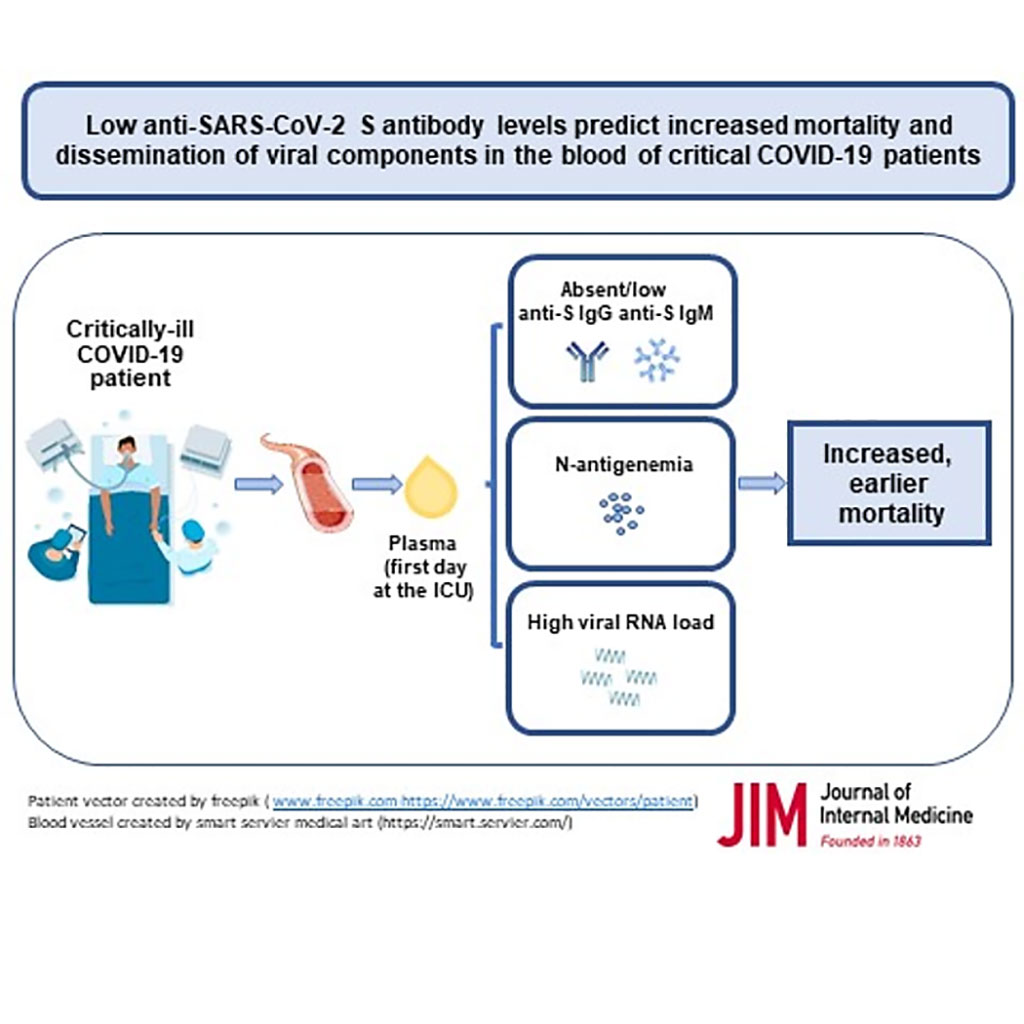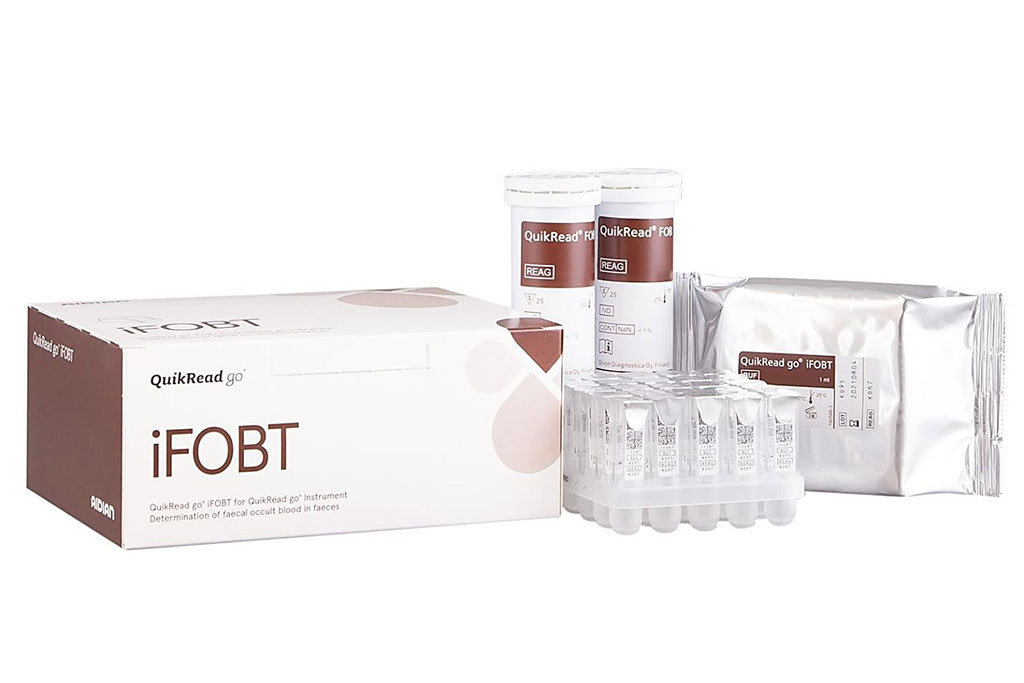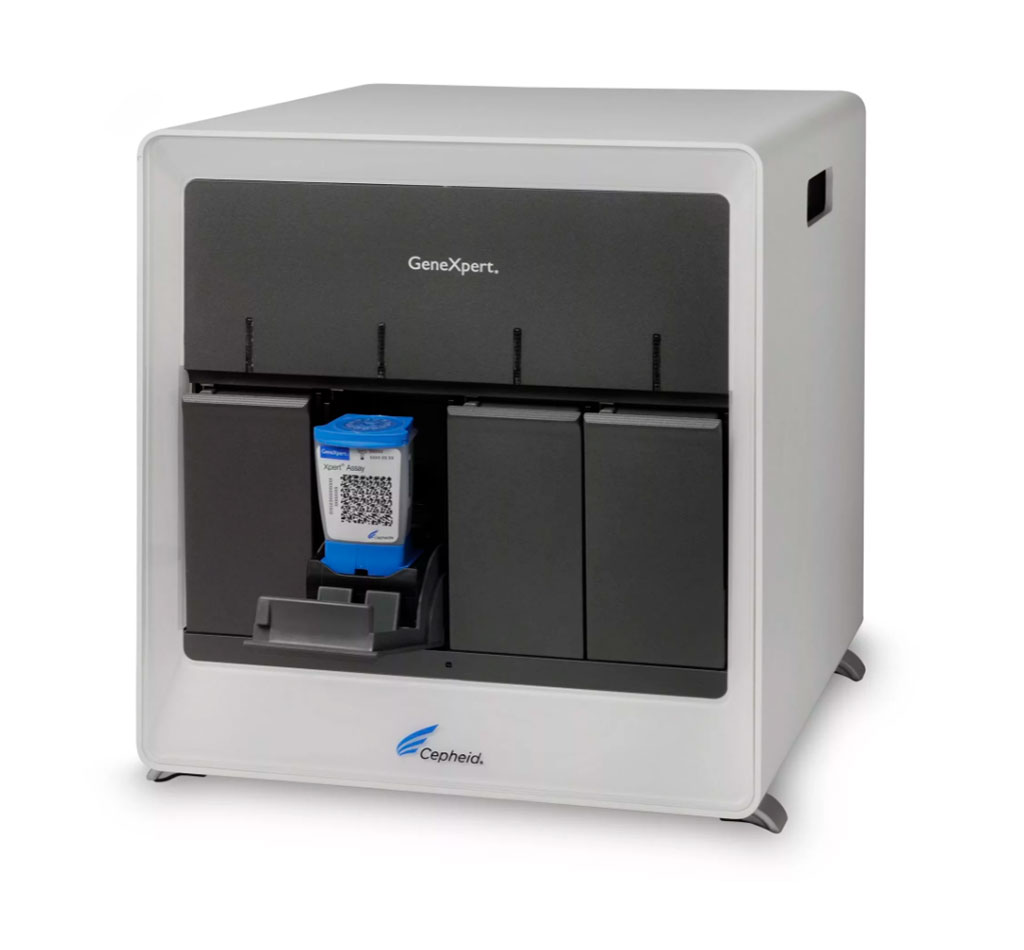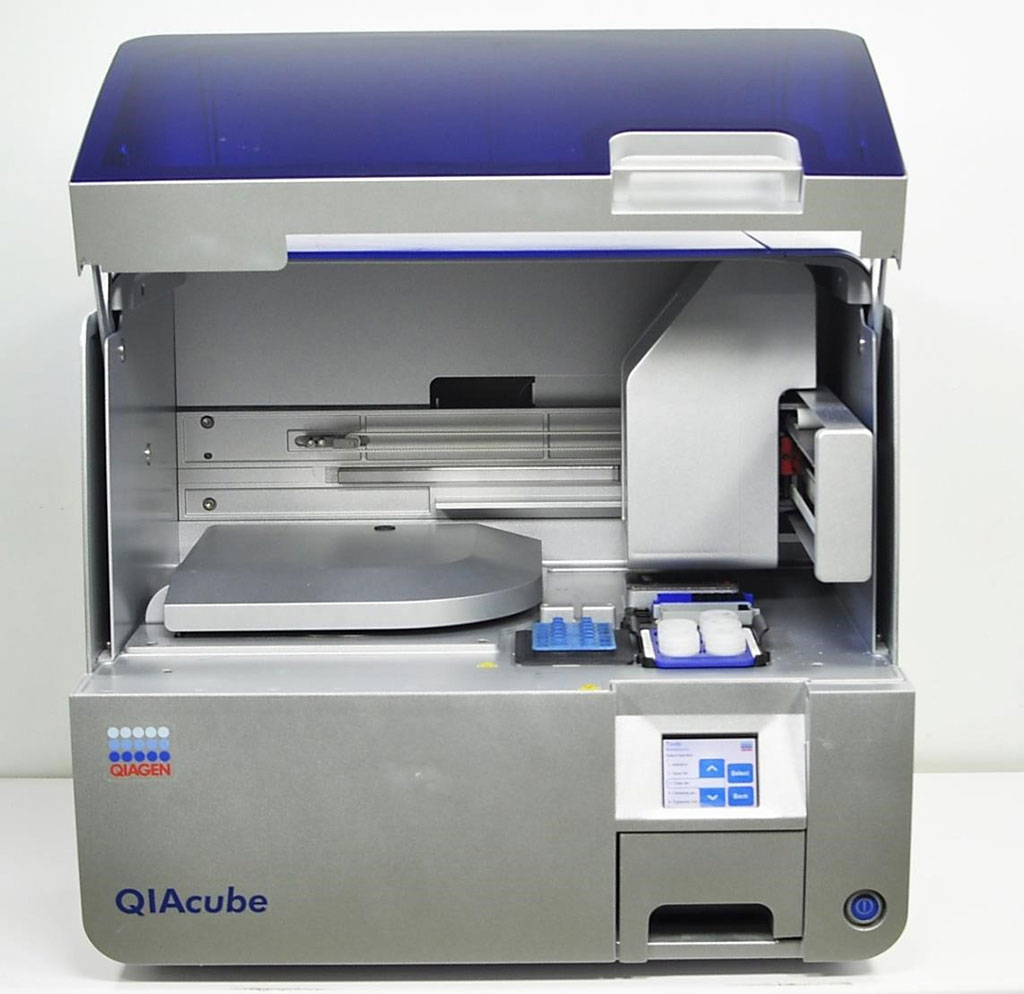Microbiology

Qiagen Launches Novel Tuberculosis Blood Test That Marks Quantum Leap from Traditional TB Skin Test
QIAGEN N.V. (Venlo, Netherlands) has announced the launch and CE marking of QIAreach QuantiFERON-TB test for tuberculosis (TB) infection, in order to help achieve global TB elimination targets by increasing access to easy and reliable TB testing, especially in high burden countries, low-resource regions. More...21 Oct 2021



Fecal Immunochemical Tubes Sourced to Analyze Gut Microbiome for CRC
Colorectal cancer (CRC) is a challenging public health problem which successful treatment depends on the stage at diagnosis. Recently, CRC-specific microbiome signatures have been proposed as a marker for CRC detection. More...14 Oct 2021

Unique Gene Detects Mycobacterium Tuberculosis in Clinical Sputum
Tuberculosis (TB) is a common infectious disease caused by Mycobacterium tuberculosis (MTB). The main organ infected by MTB is the lung, but many other tissues or organs can be affected, such as the bone and pleura. Two million people die of MTB infection each year due to poor quality of life and lack of awareness. More...13 Oct 2021

Meridian Launches New Air-Dryable qPCR Mix Enabling Direct Detection of RNA from Whole Blood Samples
Meridian Bioscience, Inc. (Cincinnati, OH, USA) has launched its new Air-Dryable Direct RNA/DNA qPCR Blood Mix, an innovative master mix designed to develop room-temperature stable molecular diagnostic assays that directly amplify RNA from crude whole blood, serum, or plasma. More...08 Oct 2021

PCR Assay Detects and Differentiates Coccidioides Species
Coccidioidomycosis (Valley Fever) is a pulmonary and systemic fungal disease with increasing incidence and expanding endemic areas. The differentiation of etiologic agents Coccidioides immitis and C. posadasii remains problematic in the clinical laboratories as conventional PCR and satellite typing schemes are difficult. More...07 Oct 2021
In Other News
Next-Generation Multiomics Blood-Based Test for Pancreatic Cancer Could Become Powerful Tool for Early Diagnosis and Treatment
Rapid Diagnostic Tests Evaluated for Chronic Chagas Disease Patients
Next Generation Rapid Antibiotic Susceptibility Testing (AST) Platform Granted FDA Breakthrough Device Designation
Novel Tool Developed to Detect and Identify Pathogens
Gut Bacteria Are Possible Indicators of Colon Cancer Risk
Certest Offers Real-Time PCR Assays for Fast Detection of MDR Bacterial Infections
Blood Testing Distinguishes Benign Tumors from Precancerous Condition
Biomarkers Found for COVID-19 MIS-C Condition in Children
Microbiological Features of Mucormycosis Determined in Critically Ill Patients
Dengue Patients’ Hemoglobin Concentrations Compared by POC and CBC
Molecular Characterization of Microbiota in Cerebrospinal Fluid Using WGA
High-Sensitivity Cardiac Troponin T Identifies Myocardial Injury with COVID-19
Fluorescent Lymphocytes and Smudge Cells Explored in Infectious Mononucleosis
Zika Virus IgM Antibody Found in West Nile Virus Patients
Key Factors Signal Infection Risk in Alcoholic Hepatitis
Circadian Rhythm Genes Are Biomarkers for Predicting Risk of Preterm Birth
Smartphone-Based DNA Diagnostics Detects Malaria
Insulin Resistance and T2D Associated With Gut Microbial Diversity
Microbiome and Metabolic Features Tied to IBD Treatment Response
Paper-Based Dengue NS1 Rapid Diagnostic Test Validated
Fluorescent Reagents Evaluated for Vulvovaginal Candidiasis Diagnosis
T-Cell CD27 Expression Assessed for Smear-Negative Tuberculosis
Rectal Colonization by Klebsiella Leads to Different Risks for Bacteremia
The LabMedica Microbiology channel provides the latest news in the fields of epidemiology, bacteriology, virology, and parasitology, all viewed from the unique perspective of Laboratory Medicine.










